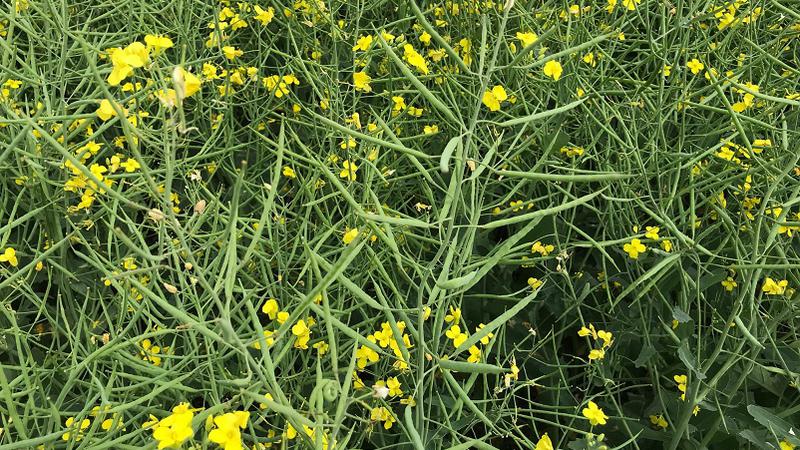
Agriculture Roundup for Thursday July 27, 2023
Canada Grains Council (CGC) was happy to learn of a special committee assigned to explore pesticide management.
At the recent federal, provincial, and territorial ministers’ meeting, a FPT working group was created to prioritize science-based regulations for pesticides and initiate more dialogue on the issue.
CGC president Erin Gowriluk said each level of government has an important role to play.
“Each brings valuable perspectives to the table. For instance, provincial and territorial ministers can address the unique challenges faced by farmers in their regions,” Gowriluk said. “The establishment of a formal group dedicated to ongoing dialogue ensures accountability and enables proactive discussions informed by the realities of farming in Canada.”


